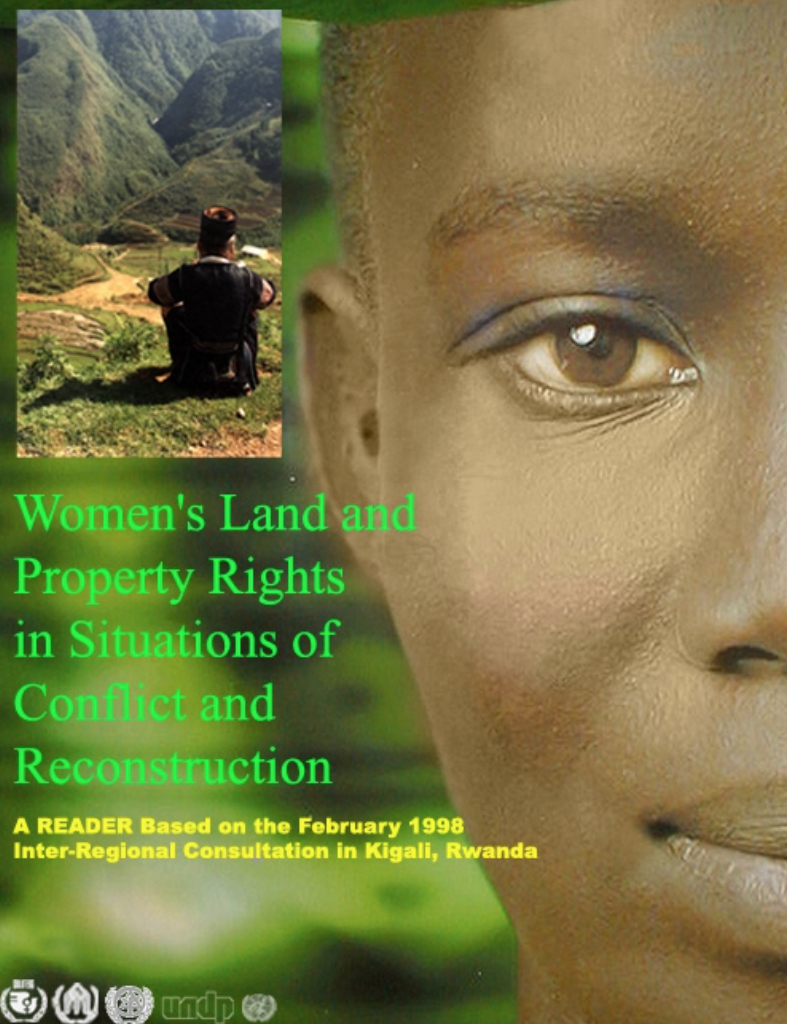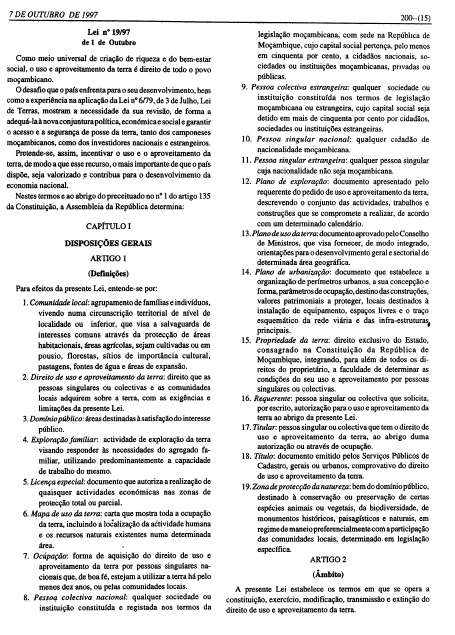Women’s Land and Property Rights in Situations of Conflict and Reconstruction
Women constitute the majority of small farmers, particularly in sub-Saharan Africa. Yet, in countries around the world, they continue to be denied the right to own the ground that they cultivate and on which they raise their families. This publication, “Women’s Land and Property Rights in Situations of Conflict and Reconstruction,” presents a diversity of views and experiences that describe the multiple strategies being used in countries worldwide to secure women's rights to land and property.




